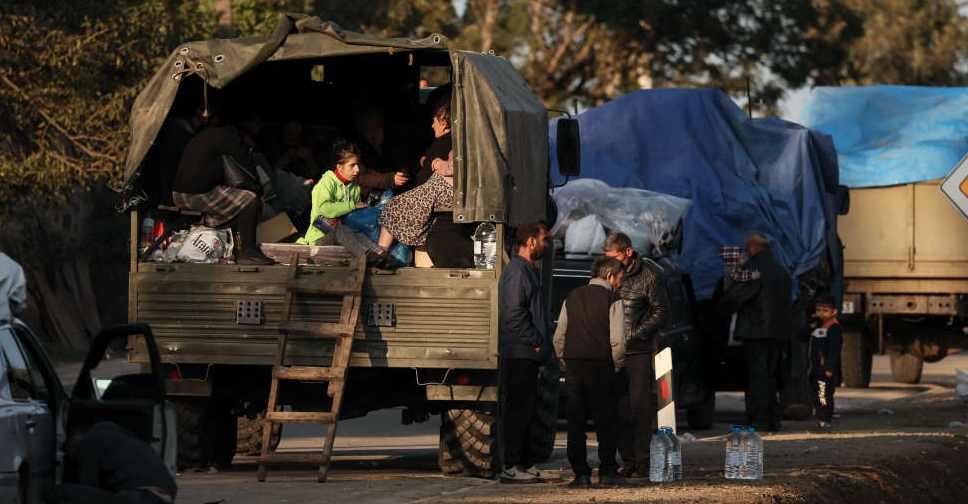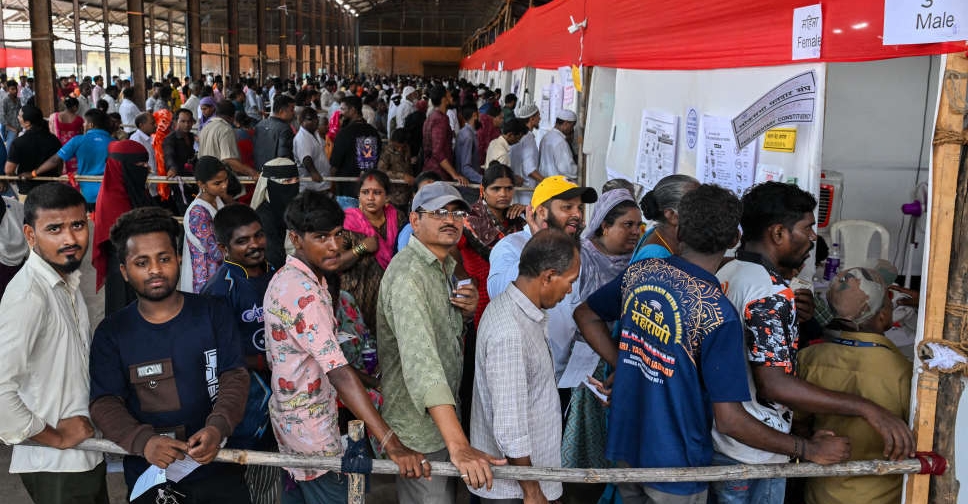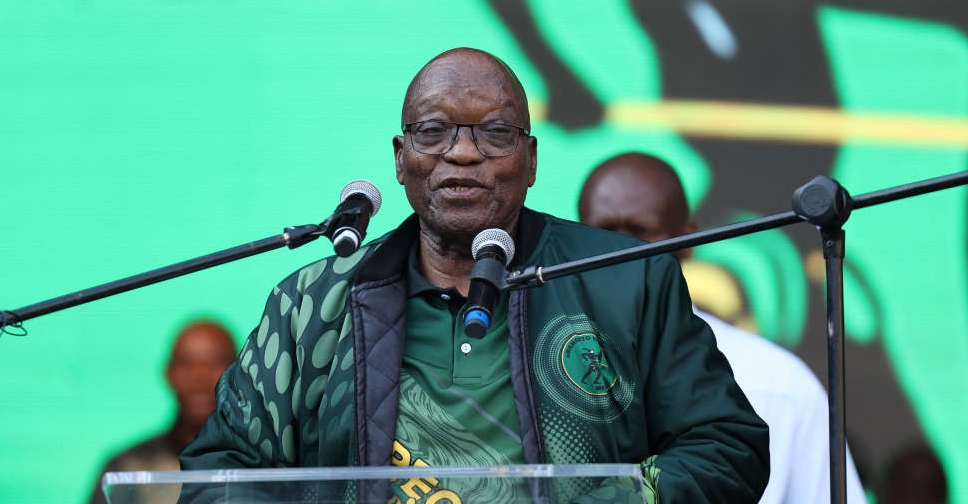
More than half the 120,000 ethnic Armenians of Nagorno-Karabakh have left in less than four days after Azerbaijan seized control of the mountain enclave where they had managed to defend their autonomy for three decades.
Azerbaijan's lightning military operation triggered an exodus unparalleled in the South Caucasus since the war in which Armenians took over the territory as the Soviet Union broke up, and hundreds of thousands of Azeris fled.
Azerbaijan says it is prepared to respect ethnic Armenian rights as it reabsorbs the region, but with a history burdened by folk memories of alleged genocide, ethnic cleansing, pogroms and at least two wars, the Armenians are fleeing in fear.
By Thursday morning, Yerevan said 65,036 people had crossed into neighbouring Armenia, most driving for over 24 hours with their belongings down a choked mountain corridor through Azerbaijan.
Many of the Armenians in heavily laden cars, trucks, buses and even tractors spoke of spending cold mountain nights with hunger and fear churning in their stomachs.
In Soviet times, Nagorno-Karabakh enjoyed autonomy within the Soviet republic of Azerbaijan.
But as the Soviet Union crumbled the First Karabakh War erupted. About 30,000 people were killed between 1988 and 1994 and more than a million people displaced, more than half of them Azeris. In 2020, Azerbaijan struck back, reclaiming swathes of land in and around Karabakh in a 44-day war, and setting the stage for last week's conquest.
FORMER KARABAKH LEADER ARRESTED
Azerbaijan on Wednesday arrested Ruben Vardanyan, a banker and philanthropist who headed Karabakh's separatist government between November 2022 and February 2023. On Thursday, it said he had been charged with illegally crossing Azerbaijan's border.
Its victory and the surrender of Karabakh's weapons changed the contours of the South Caucasus, where Russia, the United States, Turkey and Iran all vie for influence.
Armenia has blamed its ally Russia, preoccupied with the war in Ukraine, for not doing anything to help. But Moscow says Armenian Prime Minister Nikol Pashinyan has only himself to blame, and should not have sought closer ties with the West.

 Iranian President Raisi killed in helicopter accident, state media says
Iranian President Raisi killed in helicopter accident, state media says
 Israel intends to broaden Rafah sweep, Defence Minister tells US
Israel intends to broaden Rafah sweep, Defence Minister tells US
 New Taiwanese president calls on China to stop threats
New Taiwanese president calls on China to stop threats
 India votes in fifth phase of elections
India votes in fifth phase of elections
 South Africa's ex-leader Zuma barred from running for parliament
South Africa's ex-leader Zuma barred from running for parliament



